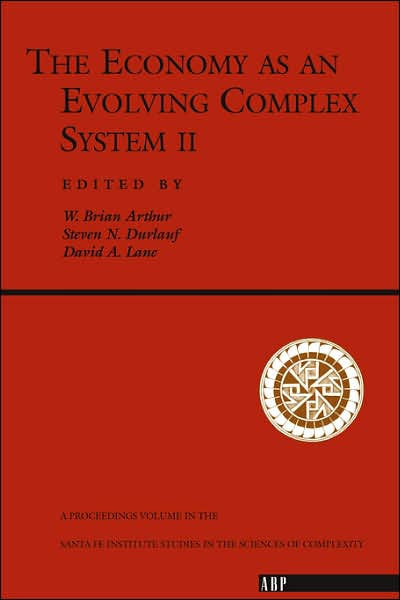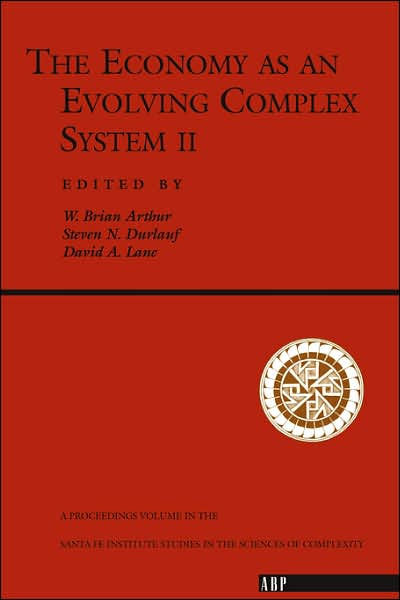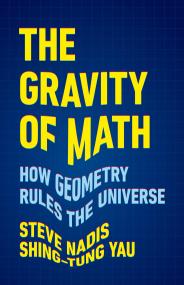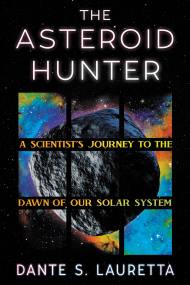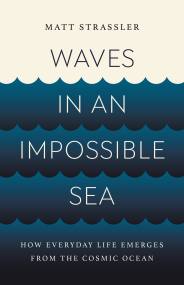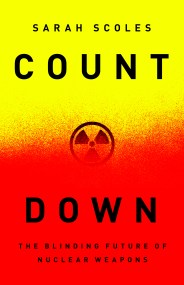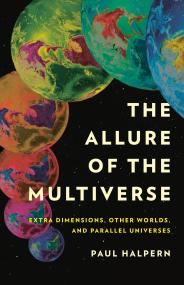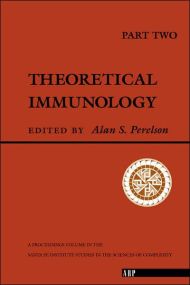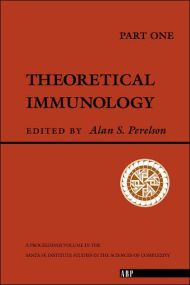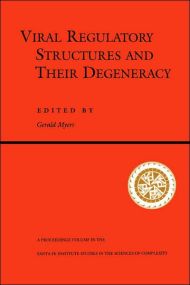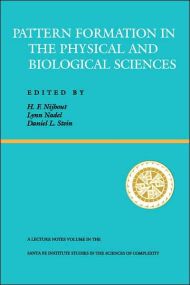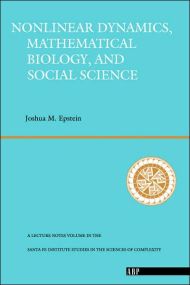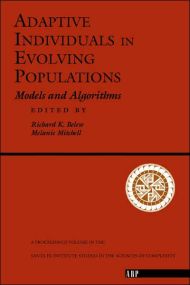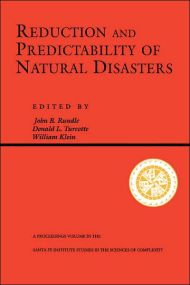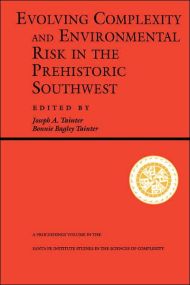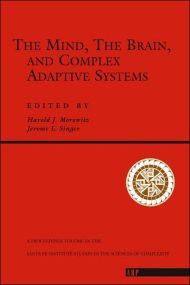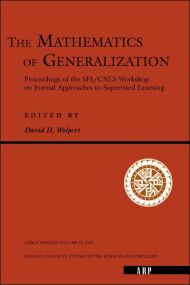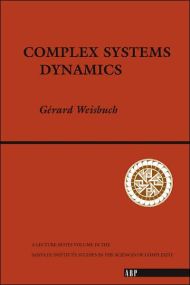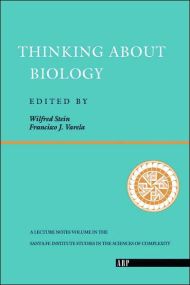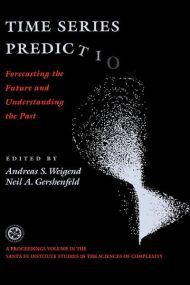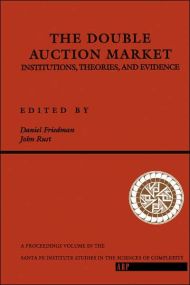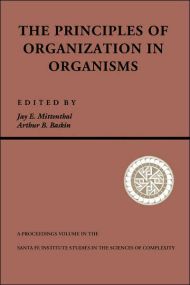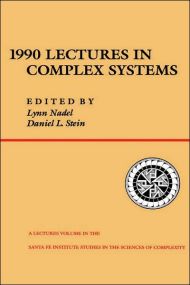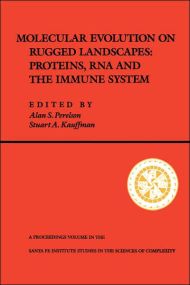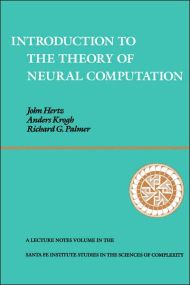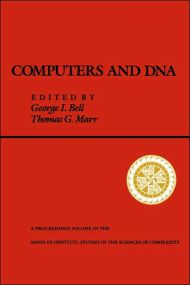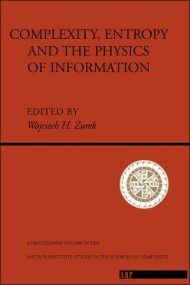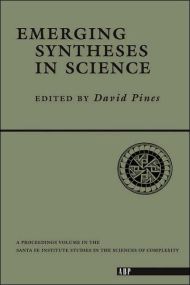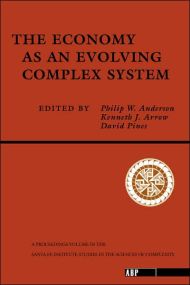Promotion
Use code MOM24 for 20% off site wide + free shipping over $45
The Economy As An Evolving Complex System II
Contributors
By Steven N Durlauf
Edited by David Lane
Formats and Prices
Price
$72.00Format
Format:
Trade Paperback $72.00This item is a preorder. Your payment method will be charged immediately, and the product is expected to ship on or around October 6, 1997. This date is subject to change due to shipping delays beyond our control.
Also available from:
A new view of the economy as an evolving, complex system has been pioneered at the Santa Fe Institute over the last ten years, This volume is a collection of articles that shape and define this view—a view of the economy as emerging from the interactions of individual agents whose behavior constantly evolves, whose strategies and actions are always adapting.The traditional framework in economics portrays activity within an equilibrium steady state. The interacting agents in the economy are typically homogenous, solve well-defined problems using perfect rationality, and act within given legal and social structures. The complexity approach, by contrast, sees economic activity as continually changing—continually in process. The interacting agents are typically heterogeneous, they must cognitively interpret the problems they face, and together they create the structures—markets, legal and social institutions, price patters, expectations—to which they individually react. Such structures may never settle down. Agents may forever adapt and explore and evolve their behaviors within structures that continually emerge and change and disappear—structures these behaviors co-create. This complexity approach does not replace the equilibrium one—it complements it.The papers here collected originated at a recent conference at the Santa Fe Institute, which was called to follow up the well-known 1987 SFI conference organized by Philip Anderson, Kenneth Arrow, and David Pines. They survey the new study of complexity and the economy. They apply this approach to real economic problems and they show the extent to which the initial vision of the 1987 conference has come to fruition.
Genre:
- On Sale
- Oct 6, 1997
- Page Count
- 608 pages
- Publisher
- Avalon Publishing
- ISBN-13
- 9780201328233
Newsletter Signup
By clicking ‘Sign Up,’ I acknowledge that I have read and agree to Hachette Book Group’s Privacy Policy and Terms of Use
